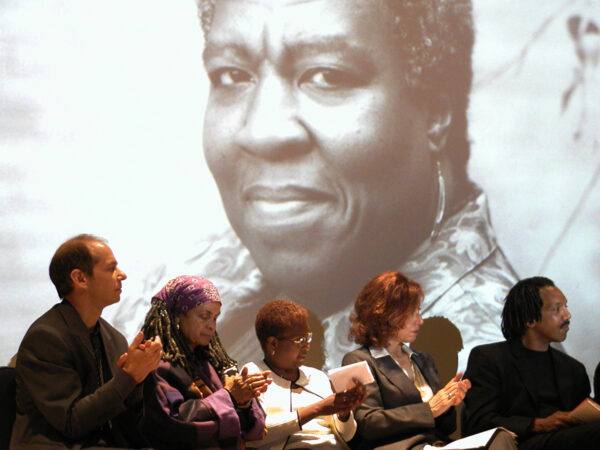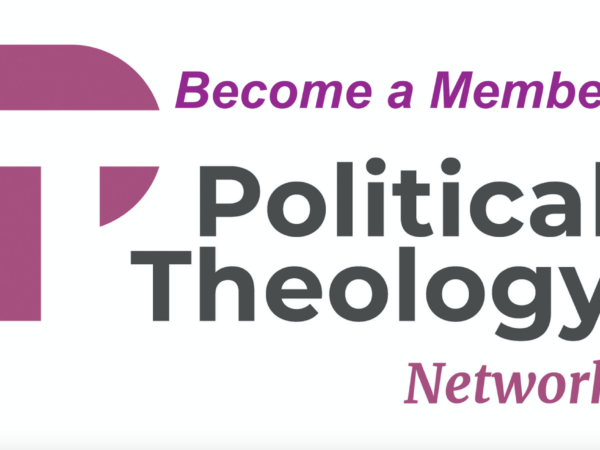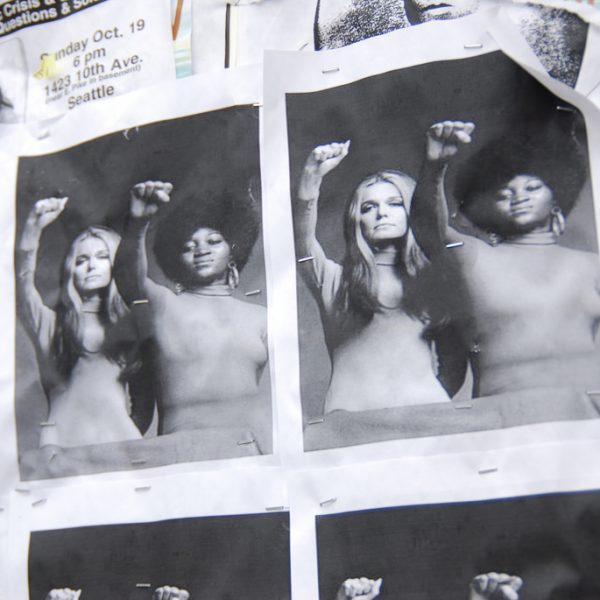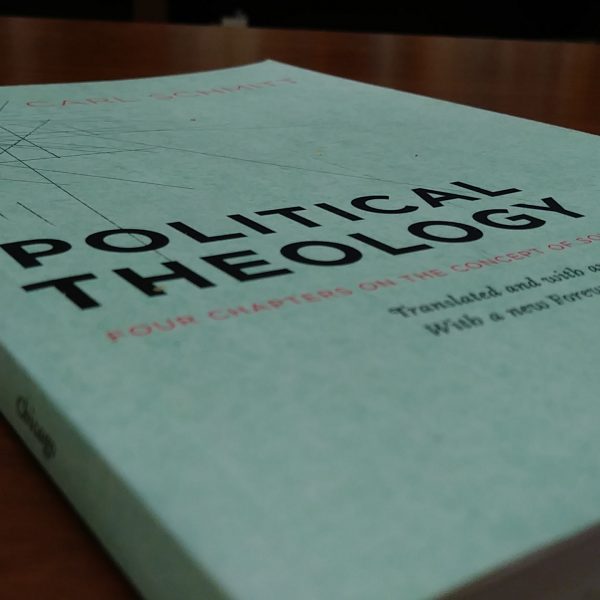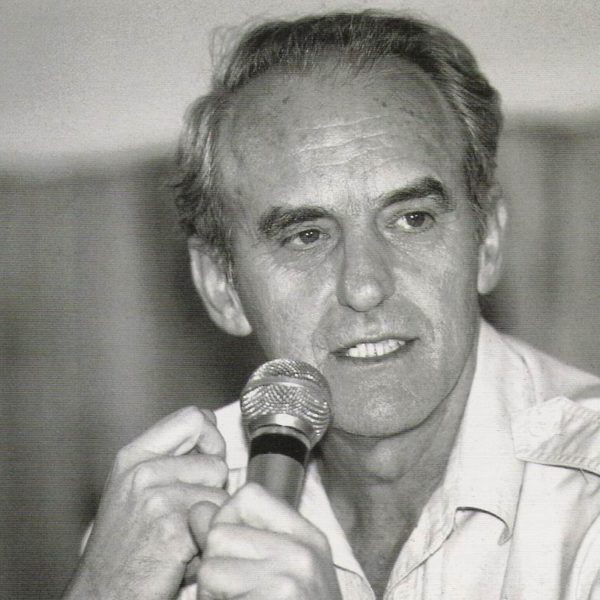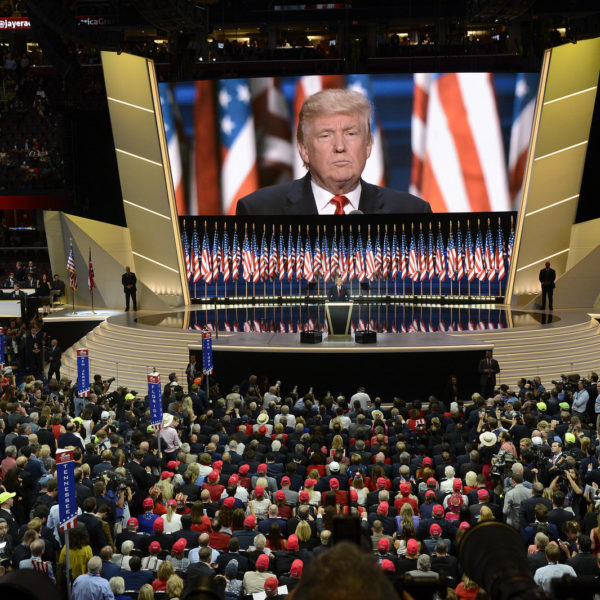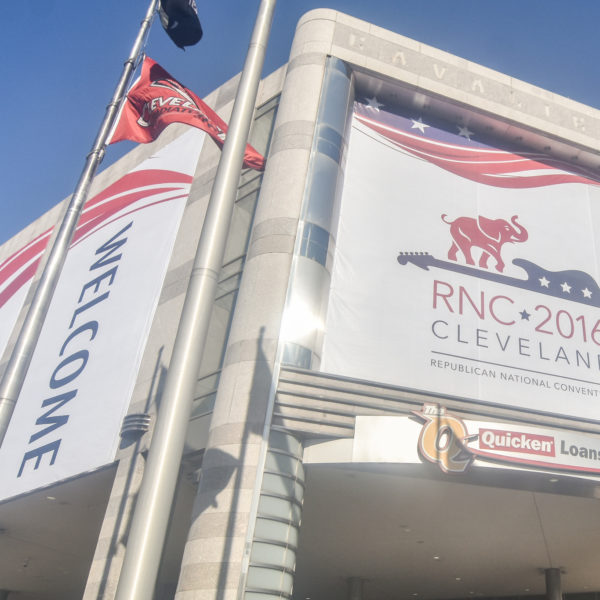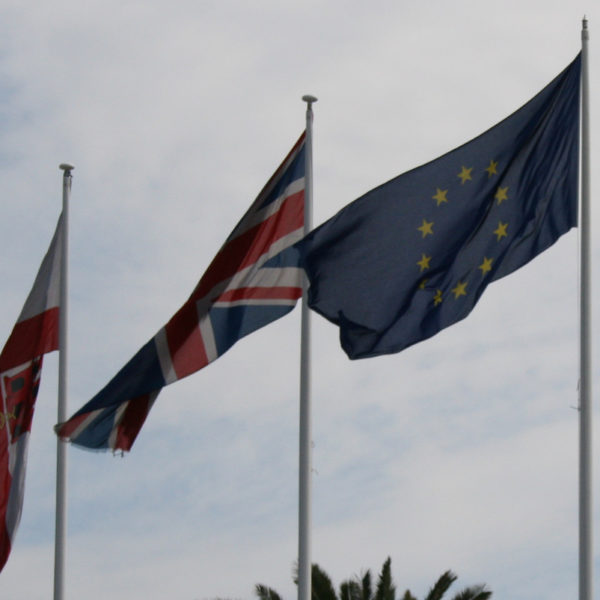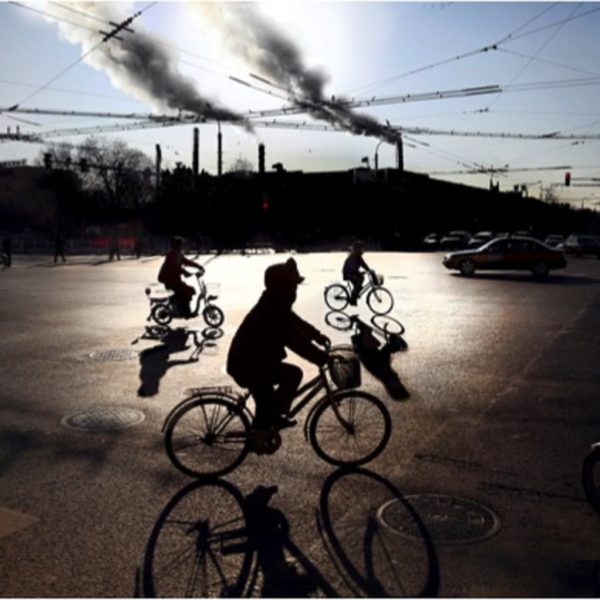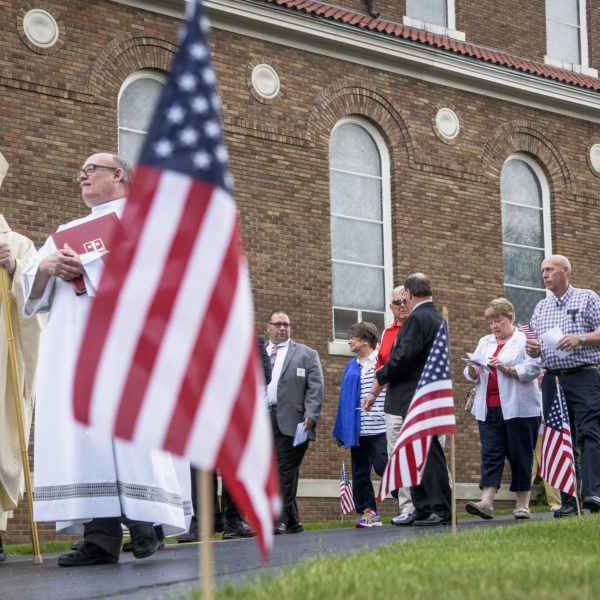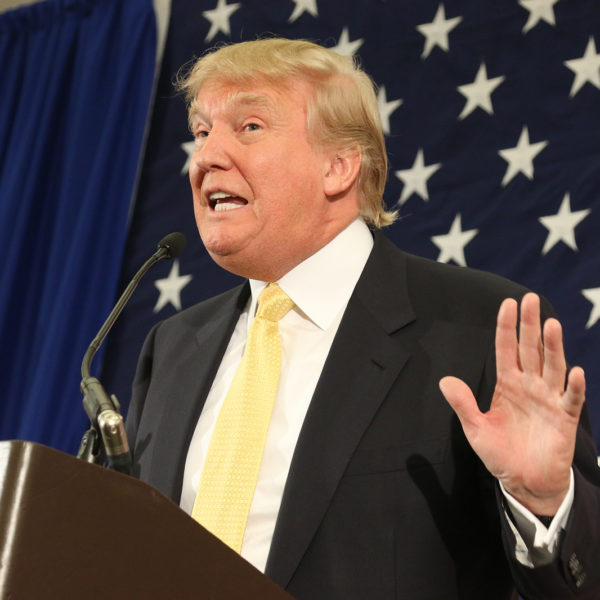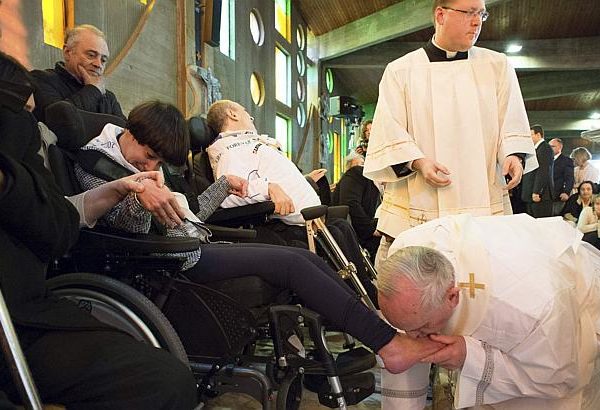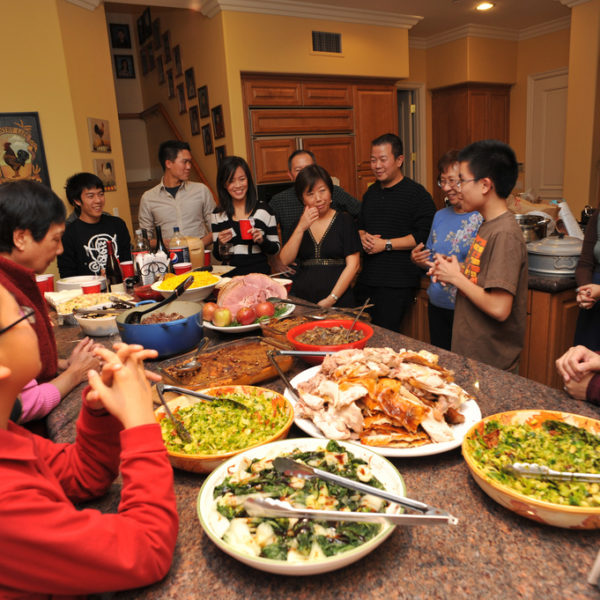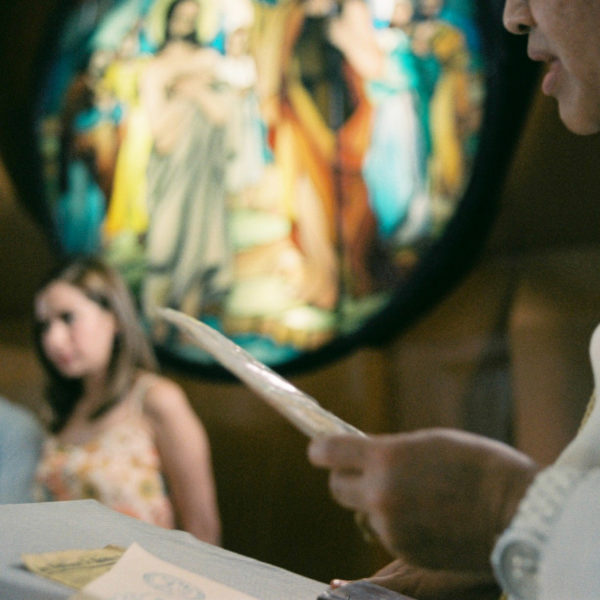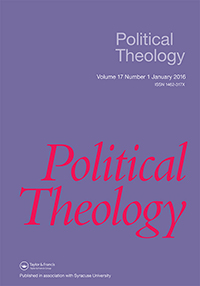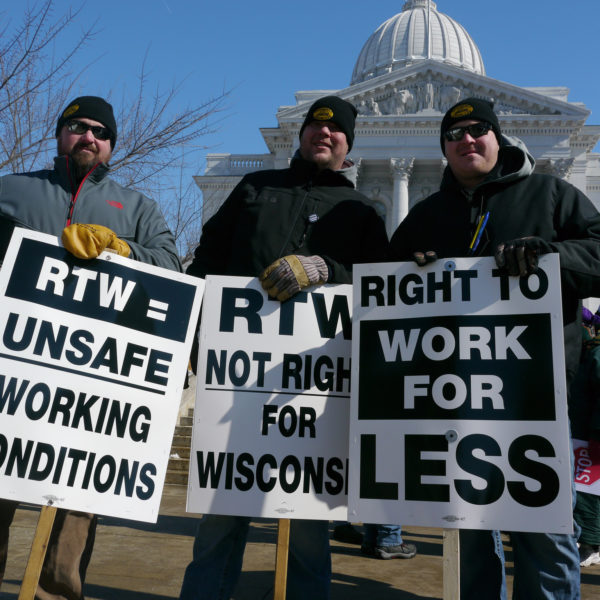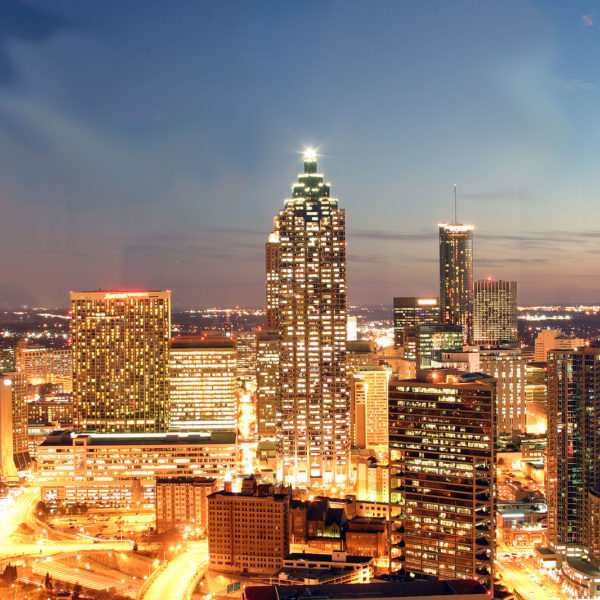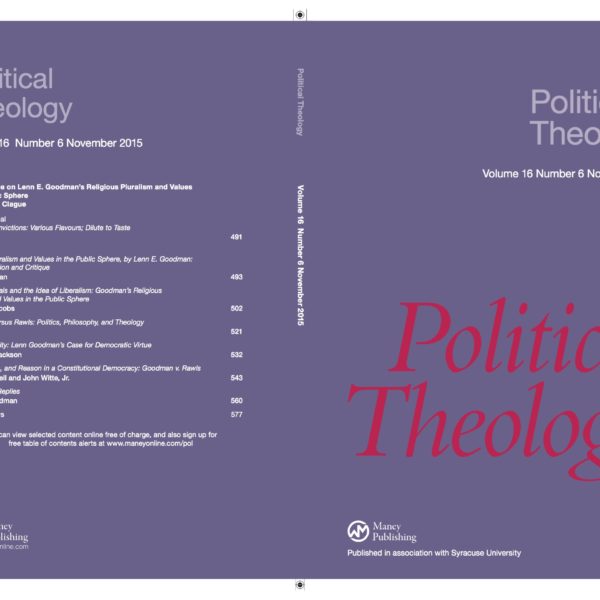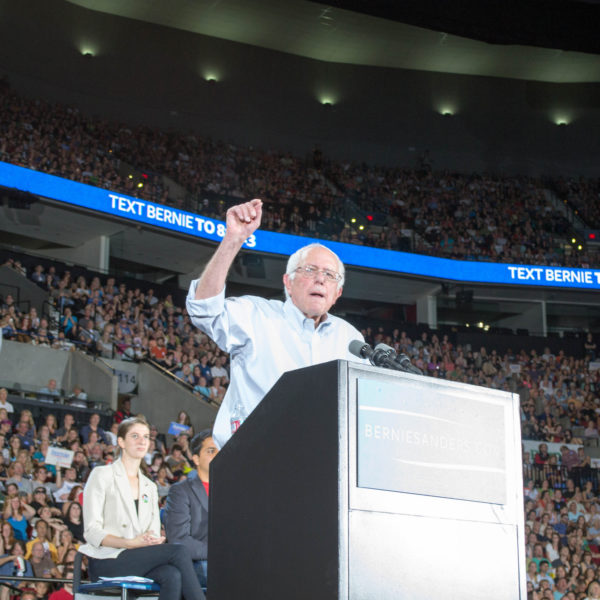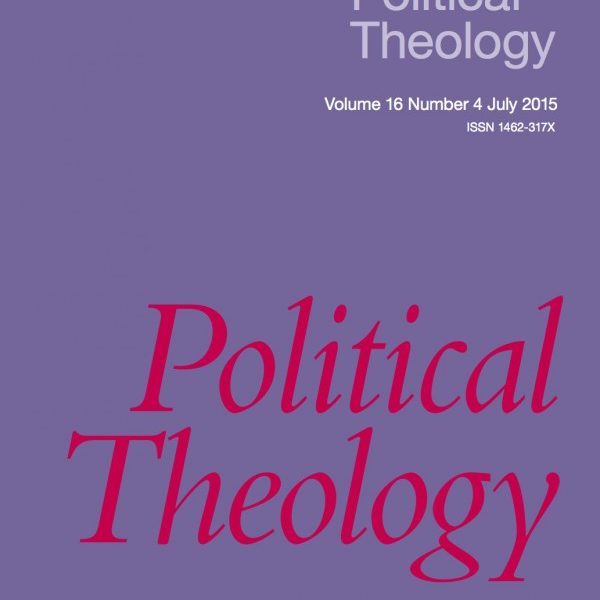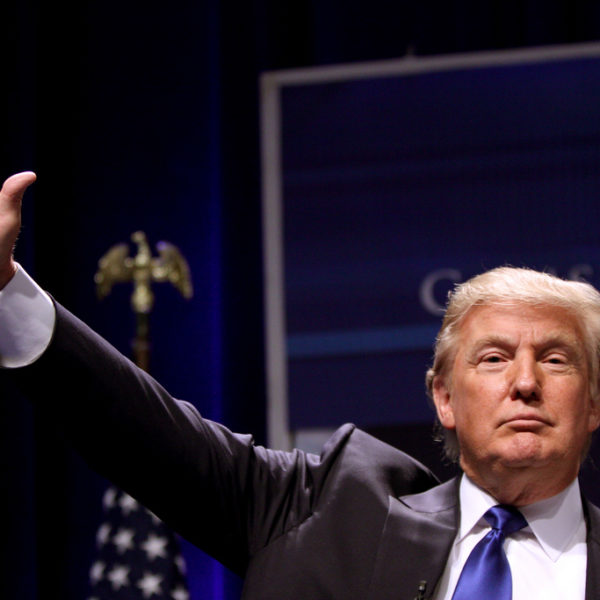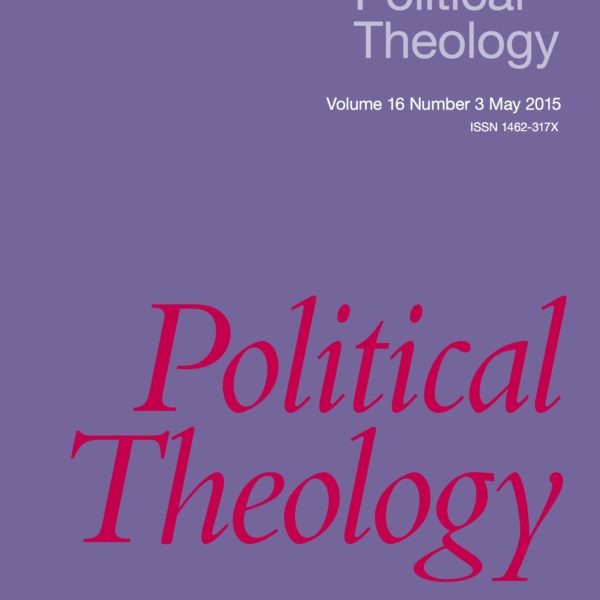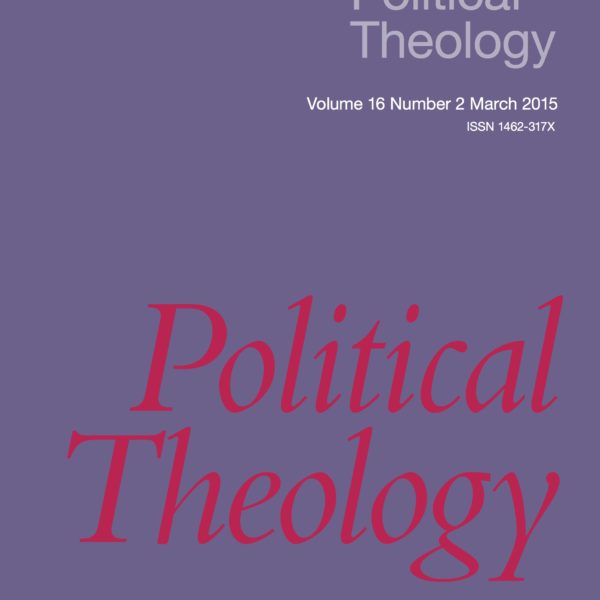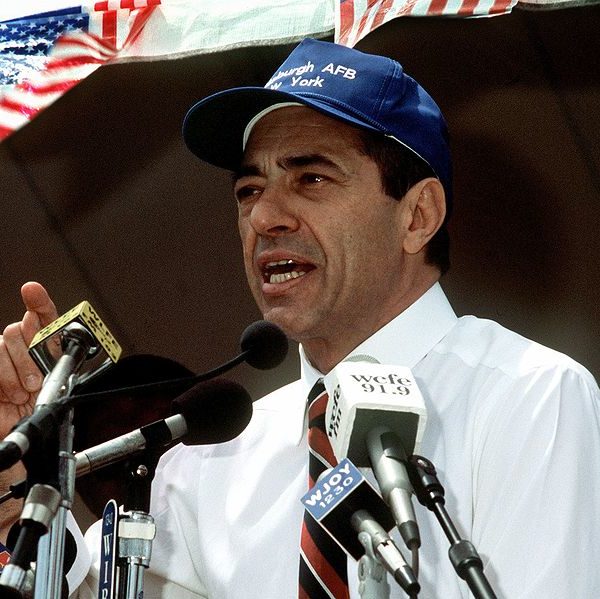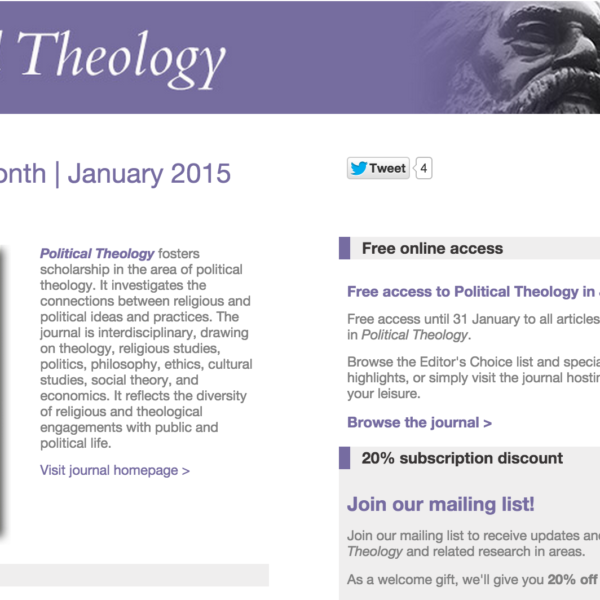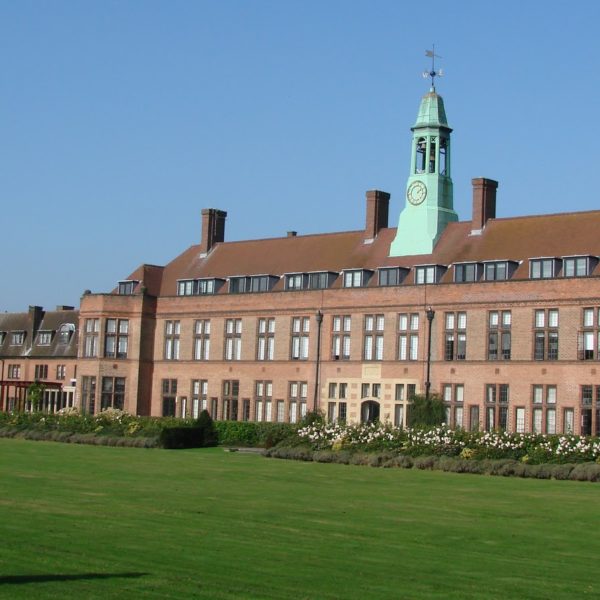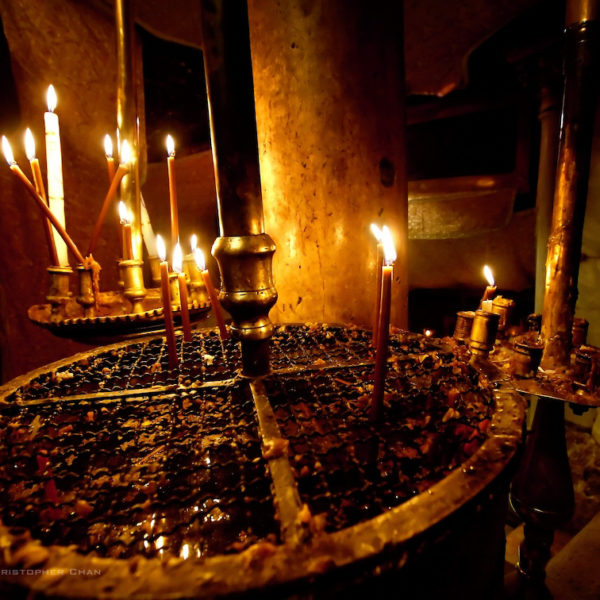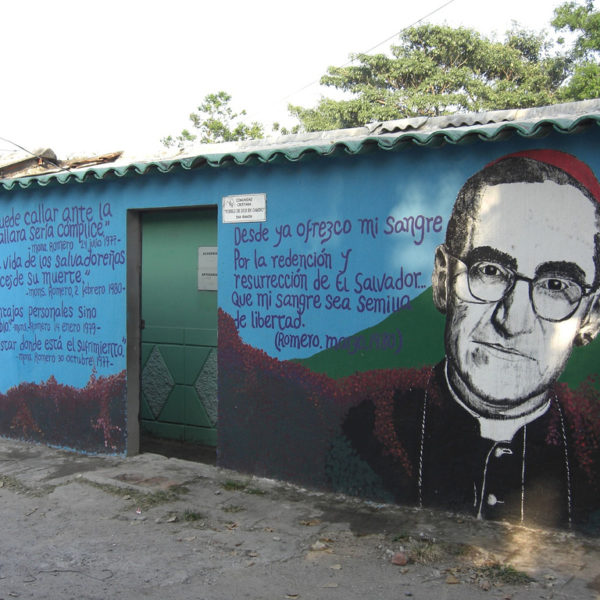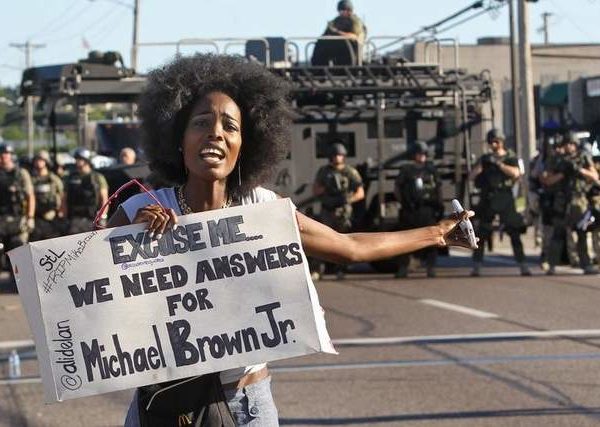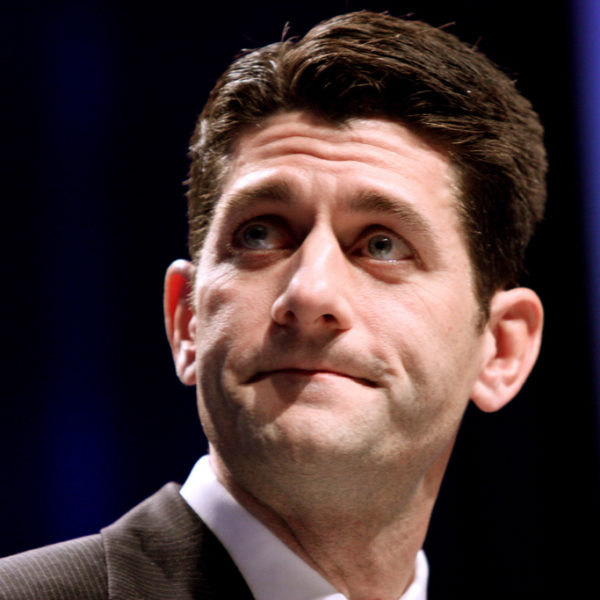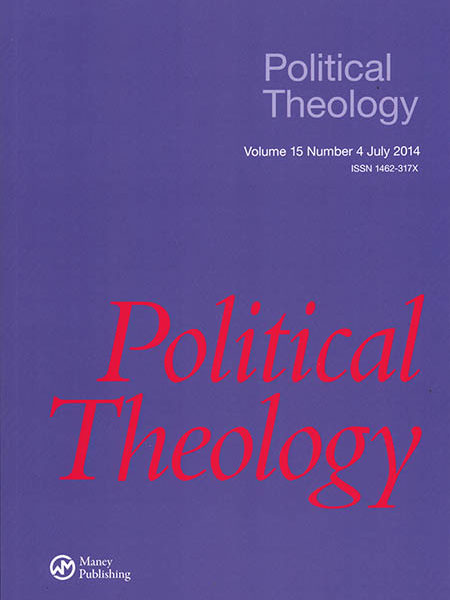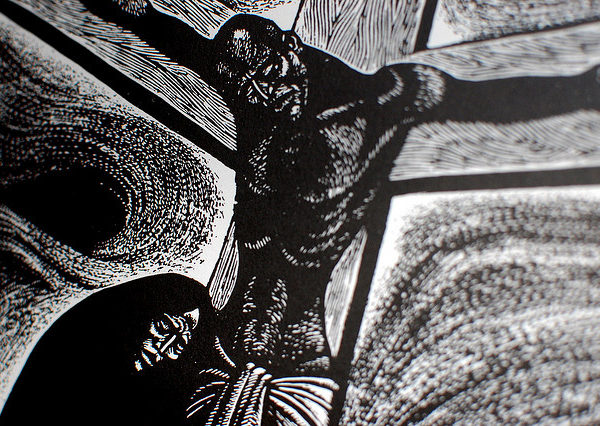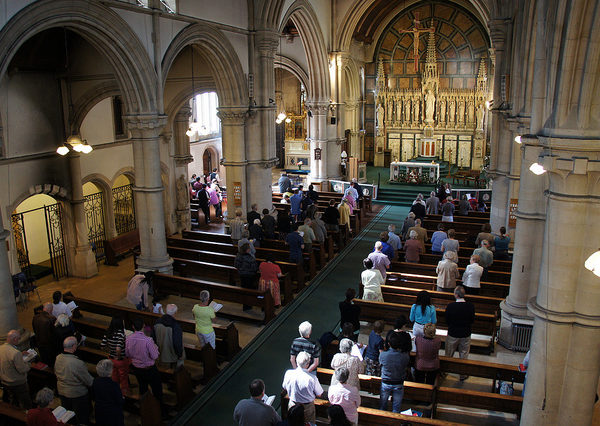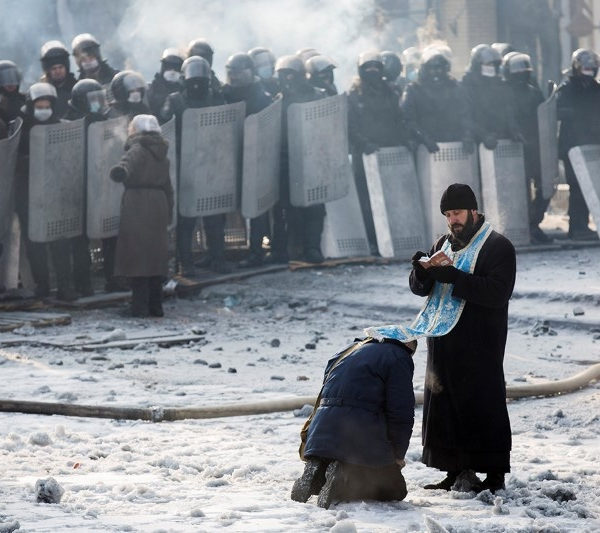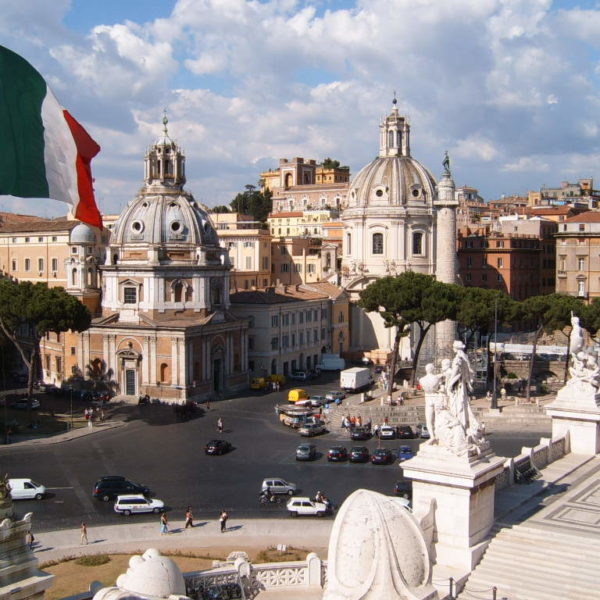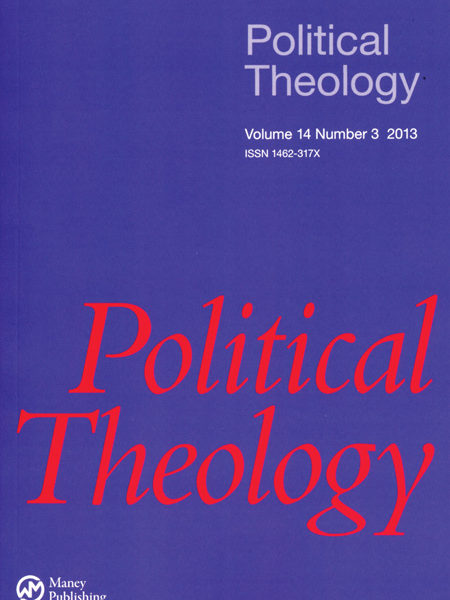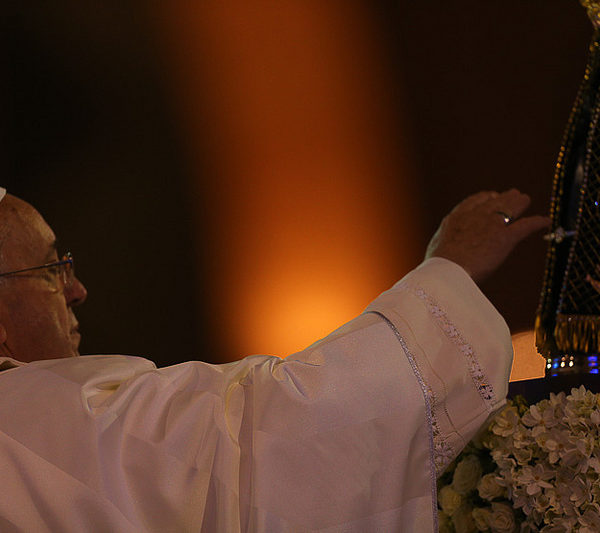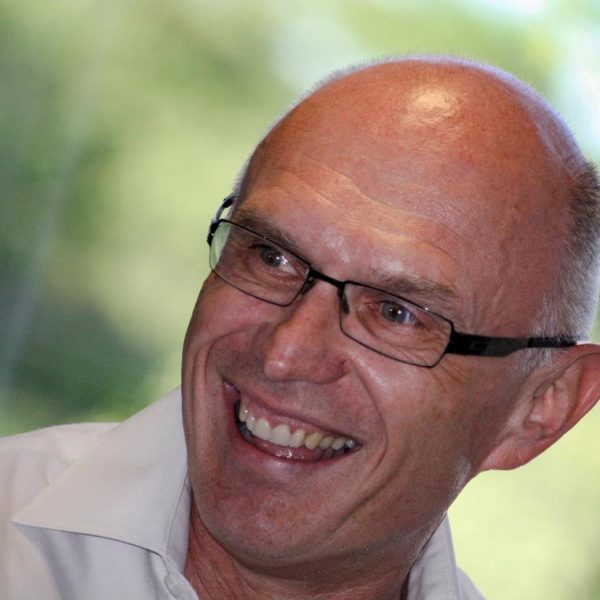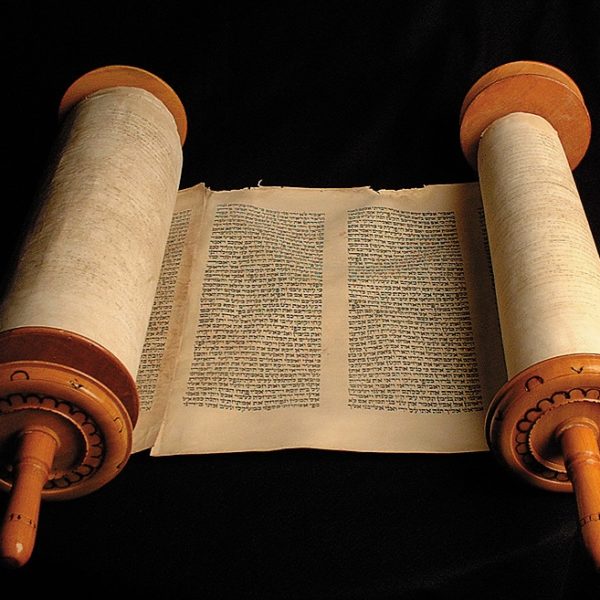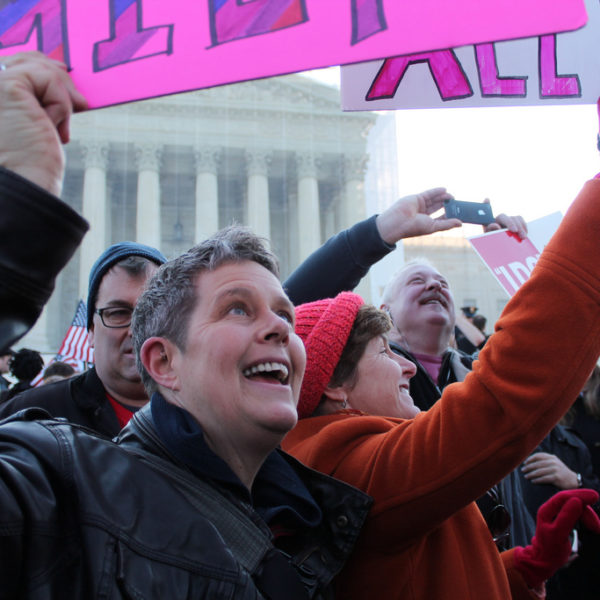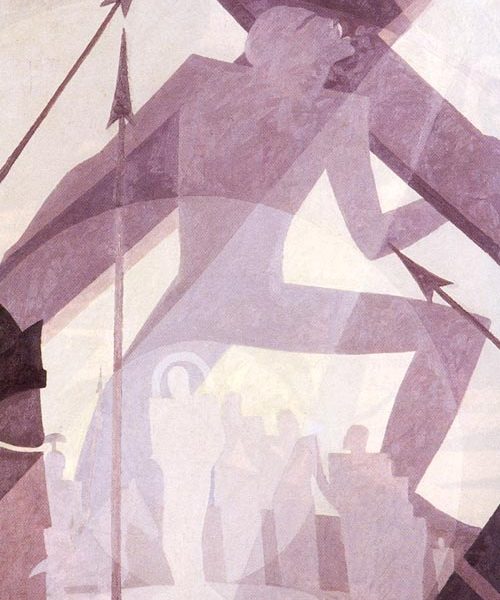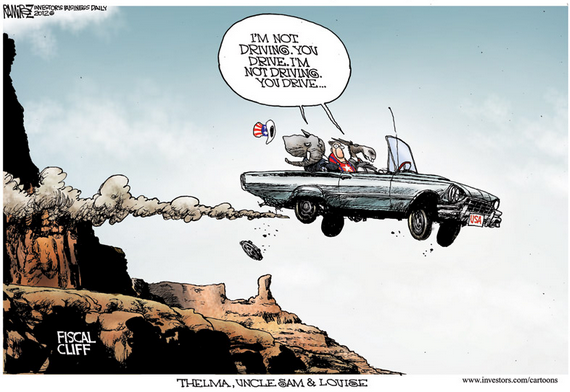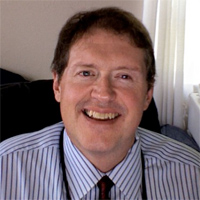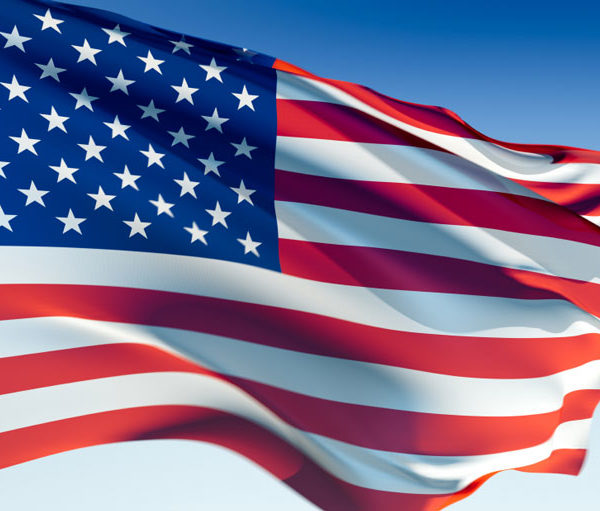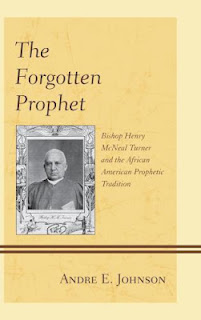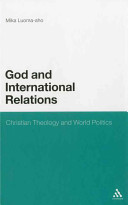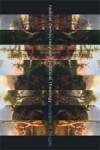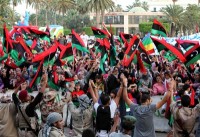The Editors
Symposia
Essays

The journal Political Theology releases its newest issue which considers interesting topics, such as Eric Peterson on the modern nation state, Edith Stein and Jan Patočka in relation to the war in Ukraine, the “sacred” in leftist spaces, and the development of a “dark fantastic theological imaginary.”
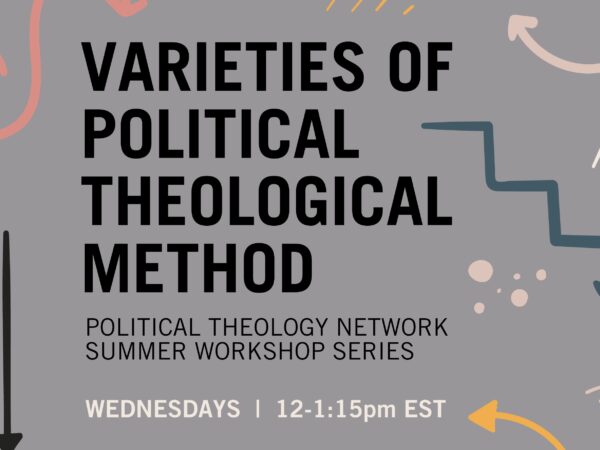
Political Theology Network is offering a ‘Varieties of Political Theological Method’ summer workshop series. Every Wednesday from June 15. Contact Mary ([email protected]) or Kathy ([email protected]) for more details.
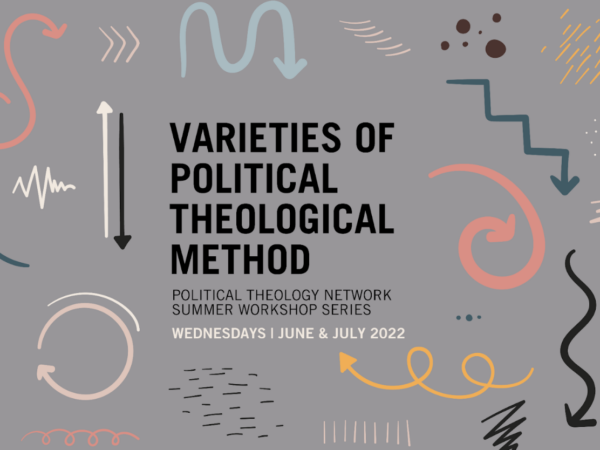
Authors should submit a 500 word abstract to Mary Nickel ([email protected]) and Kathy Chow ([email protected]) by May 15. Please put “PTN Workshop Series Proposal” in the subject line. We will notify participants of our decisions by May 22.

This special issue on “Human Dignity, Religion, and Rights in Contemporary China” features debates over religion and politics in China today. Political theology in China raises many questions that western readers will find familiar, but the Chinese context often requires different answers, so that gaining familiarity with the Chinese discussion can broaden our view of the available options at the intersection of religion and politics.
The journal Political Theology is very pleased to announce the addition of seven new members of its Editorial Board. These distinguished scholars further broaden the journal’s reach and scope. They include scholars of political theory, philosophy, law, anthropology, and theology, with expertise in Judaism, Christianity, and Islam, based in the United States, Brazil, Israel, France, and India. They join a vibrant group of current editorial board members that includes Cornel West, Miroslav Volf, Judith Butler, and Rowan Williams. Here are the new board members:

Last week, we mourned the news that Peter Losonczi, a contributing editor to Political Theology Today and a member of the editorial board for the journal, Political Theology, had suddenly passed away. Contributions in his memory for Peter’s wife and children may be made at GoFundMe. Peter’s longtime friend and colleague, Aakash Singh Rathore, remembers Peter below.
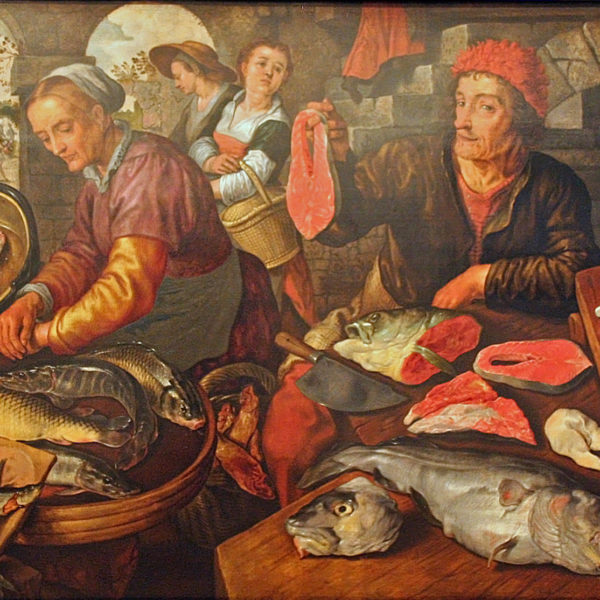
Christians worldwide are currently observing Lent, a penitential season of prayer, fasting, and almsgiving. Generally speaking, modern western Christians are prone to approach these disciplines as a matter of individual piety. But historically, these practices have carried much broader and more significant social, economic, and political implications. We often think of the Protestant Reformation as declaring an end to Lenten observance, and public fasts in general, but the reality is more complicated.
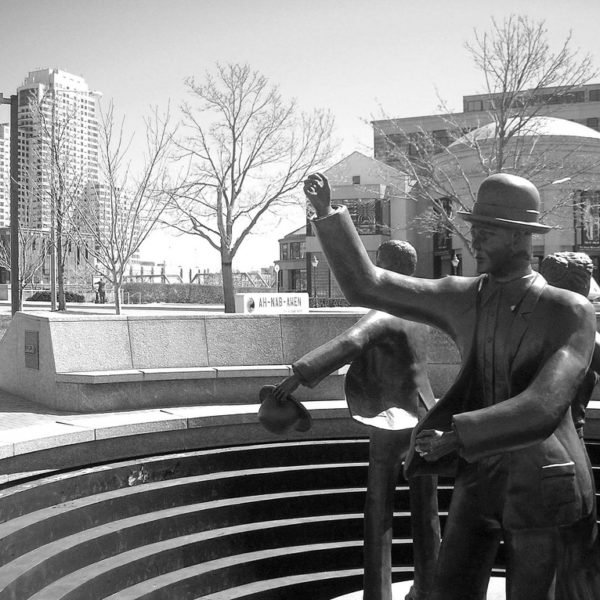
Labor leaders and scholars from around the world are gathering for a two-day symposium in Syracuse, New York, to explore how the moral resources within religious traditions can invigorate labor activism and struggles for labor justice. The symposium will bring together ethicists, theorists, theologians, historians, and others to foster a dialogue intended both to deepen scholarly conversations around these issues and to promote greater intellectual depth for faith-based labor organizing. The conference will be held at Syracuse University and Le Moyne College on April 10-11. Registration is free and all are welcome.
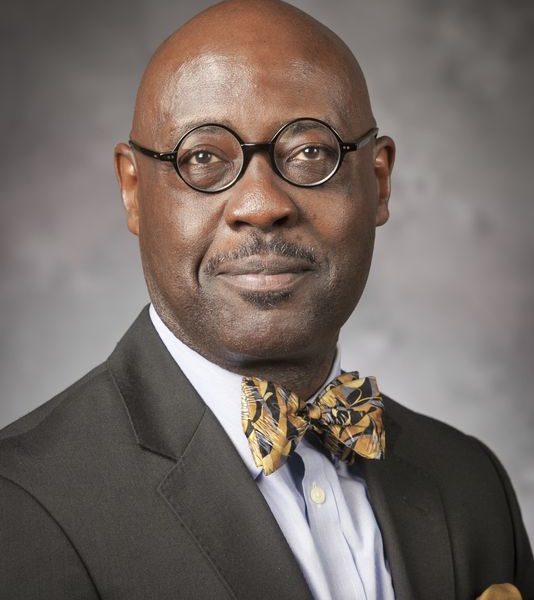
I recently finished reading Willie James Jennings’s earth-shattering book, The Christian Imagination: Theology and the Origins of Race. While Jennings’s primary aim is to drastically reorient our theological approaches to race and racism, his project poses much broader challenges to conventional theological methodology. He insists that traditional western theologians who have rightly been concerned with questions of orthodoxy and intellectual edification have nevertheless failed to recognize how land, language, bodies, and “literary space” informs theological construction and evaluation.
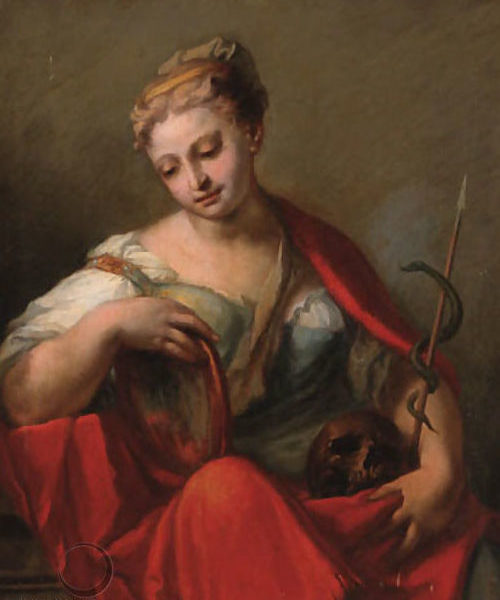
Call for Papers: Political Theology has expressed interest in publishing a special issue on the theme of intellectual virtue and civil discourse (subject to editors’ and referees’ approval). Due date: June 15, 2015.
Intellectual virtues are commendable traits of thought that facilitate the acquisition of knowledge and understanding. Public discourse would be much better off when citizens exercise such virtues, it seems.
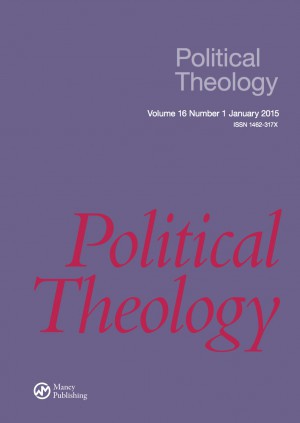
Issue 16.1 of the journal Political Theology is devoted to theology, plurality and society. Below guest editor, Dr. Peter Scott, introduces the issue.
Must a religiously plural society fall apart? How does theology process plurality? This special issue of Political Theology addresses the issue of plurality from a variety of theological perspectives. It began life as an attempt to respond to an earlier special issue of the journal, which assessed critically the political and theological phenomenon of Red Toryism. In the earlier volume, there was persistent criticism of an appeal to a common tradition in the context of a religiously plural society.
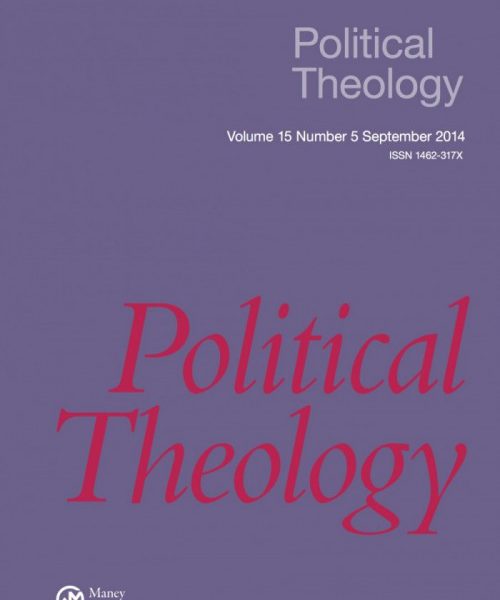
The journal Political Theology is very pleased to welcome seven new members of its Editorial Board.
Roland Boer is Associate Professor in the School of Humanities and Social Science at the University of Newcastle, Australia. He is also Professor of Literary Theory at Renmin University of China, in Beijing. Boer is the author of numerous books, including the five volume series, On Marxism and Theology. He co-edits the journal Critical Research on Religion.
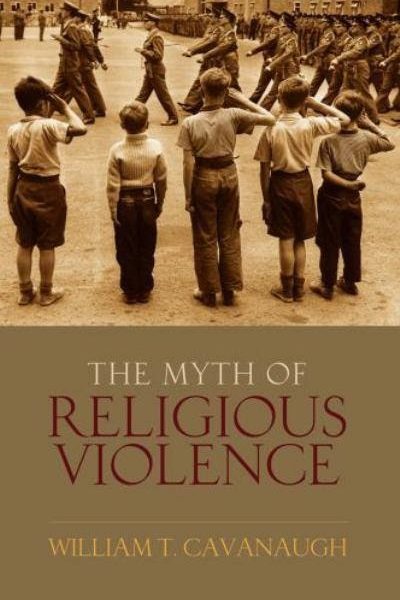
Issue 15.6 of the journal Political Theology is a special issue on William T. Cavanaugh’s The Myth of Religious Violence. Dr. James Murphy served as guest editor of the issue. Below he introduces the symposium.
The appearance of William Cavanaugh’s important new book offers a strikingly new take on the familiar debate about religion and violence. According to Cavanaugh, it has become a very widespread article of faith that there is something especially dangerous about religion.
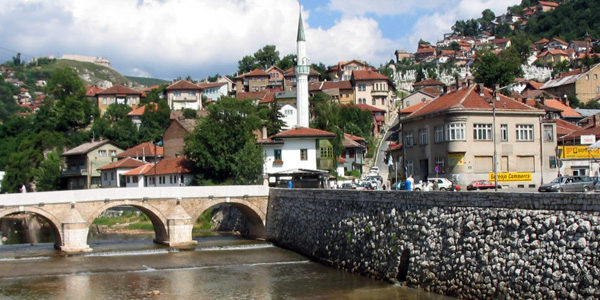
The 2015 Balkan Summer School on Religion and Public Life (BSSRPL) will be devoted to the theme Conversion and the Boundaries of Community. As with previous schools, it proceeds from the idea that religion and other forms of collective belonging are central for the life of both individuals and society, and that our religious communities are often those to which we devote our greatest loyalties.
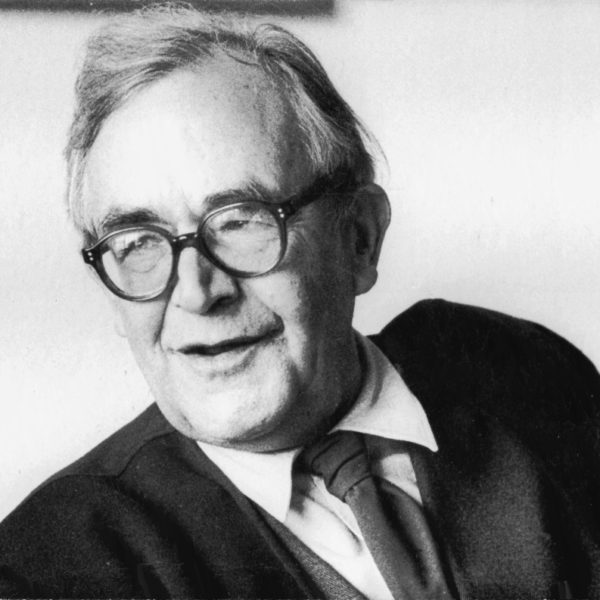
Current crises across the Middle East and other war-torn locations demand careful consideration of war, just war theory, and other tenets of military interventionism. The Christian theologian faces a particularly daunting task in this respect because the eschatological principles of God’s kingdom appear contrary to what might be a faithful Christian ethic in the penultimate present.
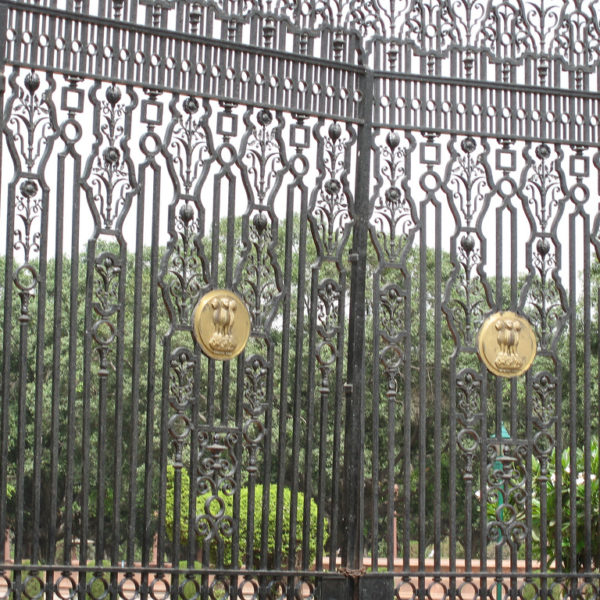
Federal elections in the world’s largest democracy have recently led to a significant change of leadership in India. There are two crucial domains of concern for anyone looking at the future of India after these elections: on the one hand, concerns about the rights and dignity of minority communities, which is saturated with an ideological component; on the other hand, the project of growth and development, which is the language Prime Minister Modi now speaks.
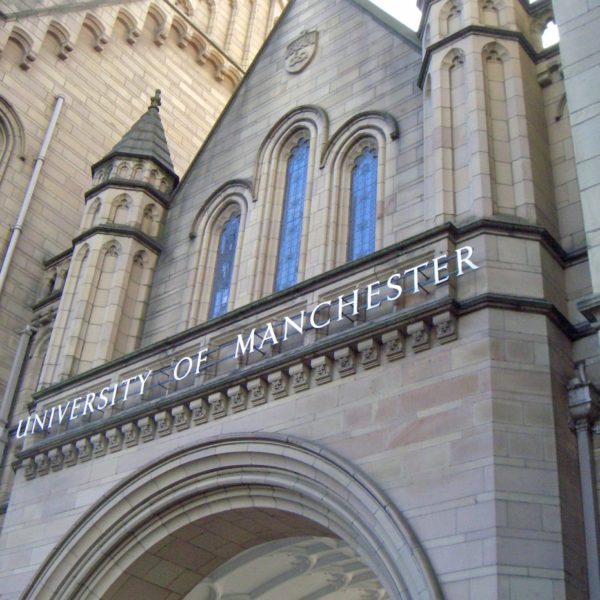
The Lincoln Theological Institute at the University of Manchester invites paper proposals for its upcoming conference, “Postliberalism, Individualism, and Society” (Jul. 11-12, 2014). For those wishing to attend, registration for this conference is now open via the online booking page. See the conference flyer here.
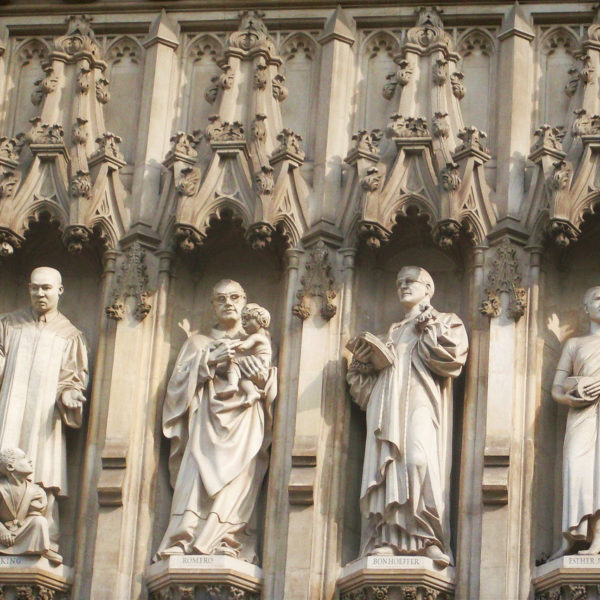
. . . Here, I focus on Dietrich Bonhoeffer’s theology of friendship. My underlying proposal is that Bonhoeffer’s particular approach to friendship which emphasizes concrete, personal encounter with “the other” in community is uniquely suitable for Christians in an increasingly pluralistic, politically polarized, and techno-social world. My hope is that Bonhoeffers theology and praxis can challenge us to think more deeply and comprehensively about what is required for Christian witness in the 21st century.

In our social imaginary, love has become the major existential goal of our times, which is capable of providing all of us with a sense of worth and a way of being in the world. . . . In our political imaginary, law has become our highest political ideal. Life with the rule of law marks us out as a civilized nation and people.
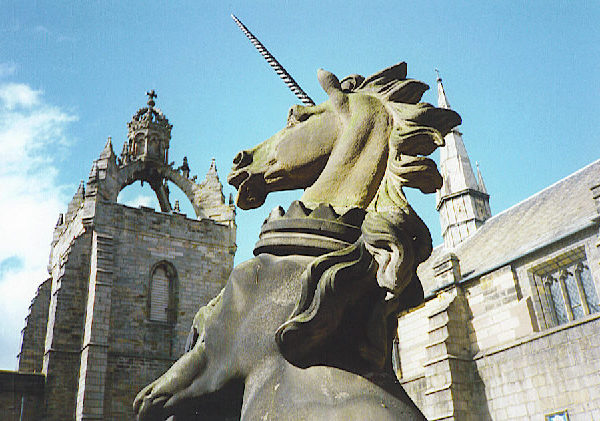
The University of Aberdeen is excited to announce an upcoming conference: “The Freedom of a Christian Ethicist: The Future of a Reformation Legacy.” Featuring Michael Banner, Brian Brock, Stanley Hauerwas, Jennifer Herdt, Paul Martens, Michael Mawson, Gerald McKenny, Rachel Muers, and Hans Ulrich, this promises to be a headline event in the field of Christian ethics this year.

The John Cabot University Summer Institute for Religion and Global Politics (May 19 – June 20), co-funded by the European Consortium for Political Research (ECPR), offers graduate students a comprehensive introduction to contemporary issues and debates regarding the roles of religious actors, ideas and institutions in democratic political life and international affairs.
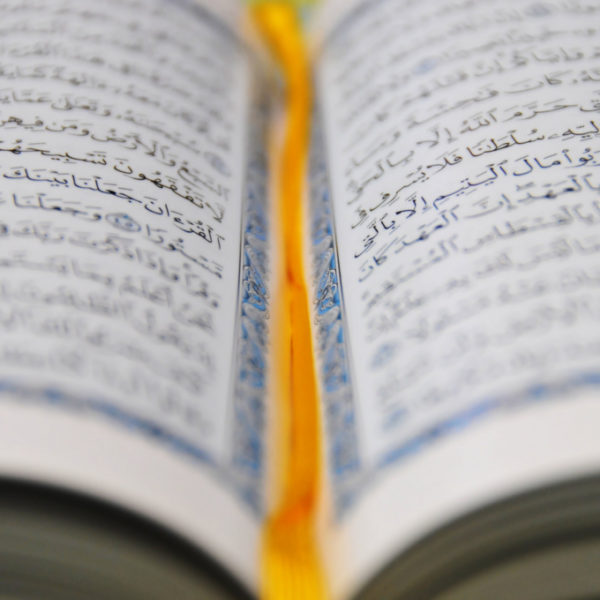
Let’s be clear. There is no academic field called “Islamic Political Theology”. So naturally there are hardly any books on Islamic Political Theology. Political Theology is largely a field of study within Christian Theology. This field, as I understand it, examines the relationship between the way we describe God and the way we describe the political. In the history of the Church there has been a strange correspondence between the two. A number of shared concepts, narratives, myths and symbols sustain each.
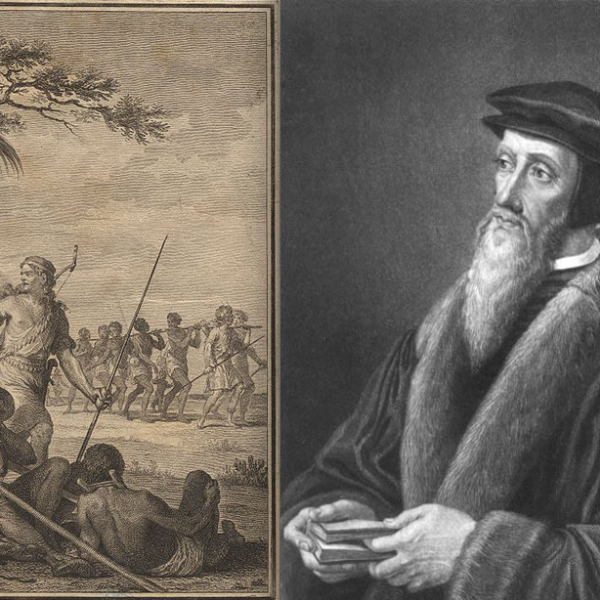
In a sermon on 1 Tim 6:1-2, John Calvin commented,
“…but they were slaves, of the kind that are still used in some countries, in that after a man was bought the latter would spend his entire life in subjection, to the extent that he might be treated most roughly and harshly: something which cannot be done amidst the humanity which we keep amongst ourselves. Now it is true that we must praise God for having banished such a very cruel brand of servitude.”[1]
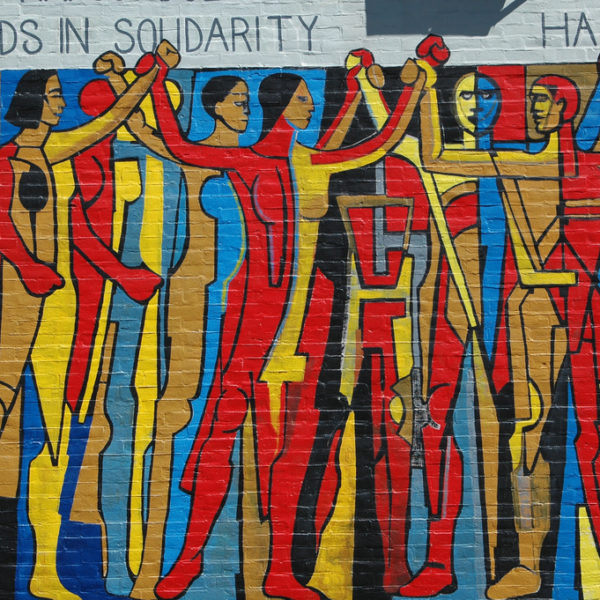
The January 2014 (15.1) issue of Political Theology focuses on the theme of solidarity. The issue begins with an editorial by Peter Henriot SJ, of the Jesuit Centre for Theological Reflection, Zambia, which describes some of the ground-breaking development work that is being accomplished across Southern Africa through centres for Catholic social thought. In these centres, insights from the Christian social tradition are brought to life through education and empowerment and placed at the service of justice and peace work and social transformation.
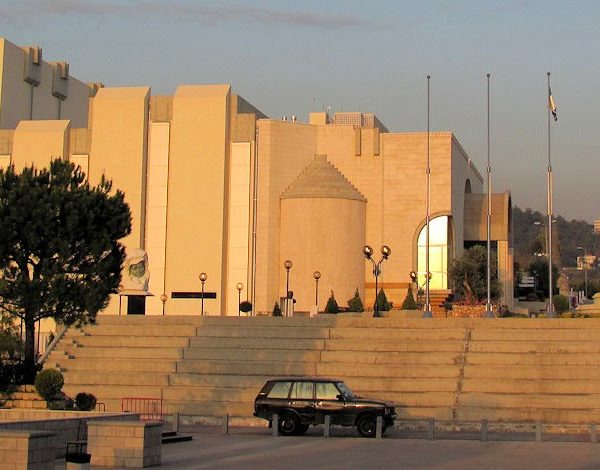
The International Research Network on Religion and Democracy (IRNRD) is hosting its sixth annual conference next week (Dec. 11-13) in Beirut, Lebanon, in partnership with Faculty of Law and Political Science at Notre Dame University Louaize (NDU) & The Council for Research in Values and Philosophy (CRVP).
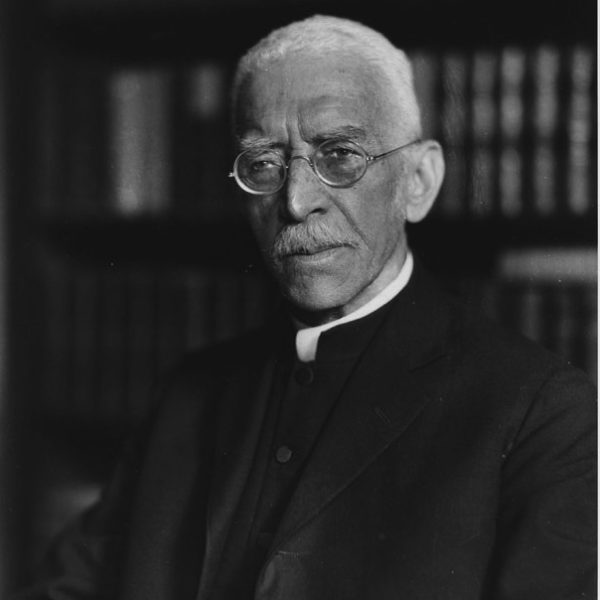
““I cannot believe that the men who occupy the pulpits of this land, assuming that they are men of ordinary intelligence and common sense and that they have, as they ought to have as leaders, some little knowledge, at least, of the Word of God, are without some convictions on the subject (of race prejudice), that they do not know that it is wrong, contrary to every principle of Christianity.”
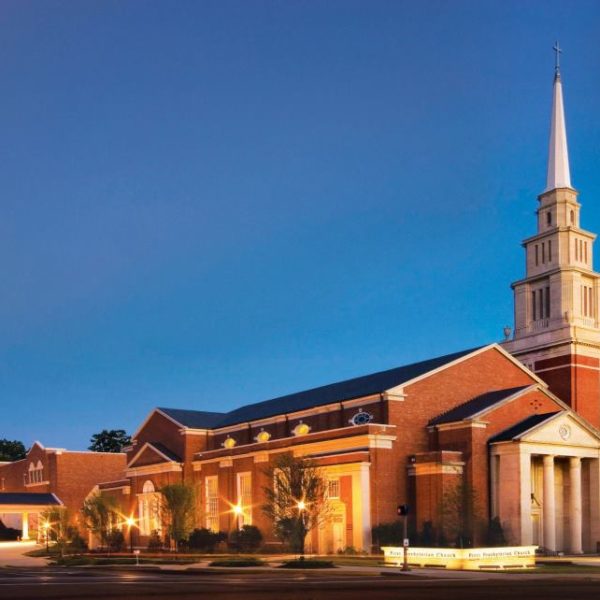
2013 marks the 50th anniversary of the climax of the modern civil rights movement in the United States. Amidst the national reflection, some Protestants have been led to critically reexamine the doctrine of the “spirituality of the church” which has had a foothold within segments the Presbyterian Church for nearly two centuries.
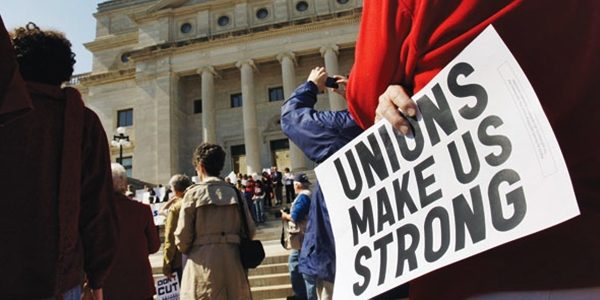
A week ago Monday, in the United States and Canada, we celebrated Labor Day, a holiday established to remind us of “the strength and esprit de corps of the trade and labor organizations.” Before we are too far past the holiday, I wanted to respond to a post by the blogger Morning’s Minion at the Vox Nova blog on the living wage, or just wage, and its role in Catholic social teaching. My point is not so much to dispute his conclusions but to complement them with some further reflections on the just wage.
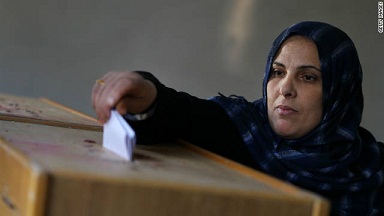
In the coming weeks, the Political Theology blog will be hosting a symposium on Political Theology and Islamic Studies, bringing together reflections from a number of leading scholars at the intersection of these fields. The editors are very grateful to our Contributing Editor, M. Owais Khan, and to Abbas Barzeger, for their long labors in putting together and editing this symposium. This first post introduces the questions to be discussed and the contributors who will be participating.
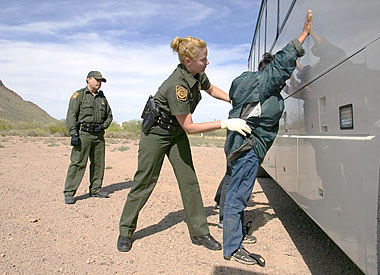
In the public debate surrounding the U.S. Senate’s bill proposing the reform of the immigration system, and now the House of Representatives’ efforts to craft its own bill, one is bound to encounter the argument that falls under the label of “enforcement first.” The argument goes that before the illegal immigrants who are already present in the U.S. gain any sort of legal status, we must first put in place measures that will ensure that in the future, further illegal immigrants do not enter the country in the hopes of an inevitable legalization process at some point in the future. This argument is flawed, and if it were put into practice would prove costly and harmful to immigrants without solving the illegal immigration problem.
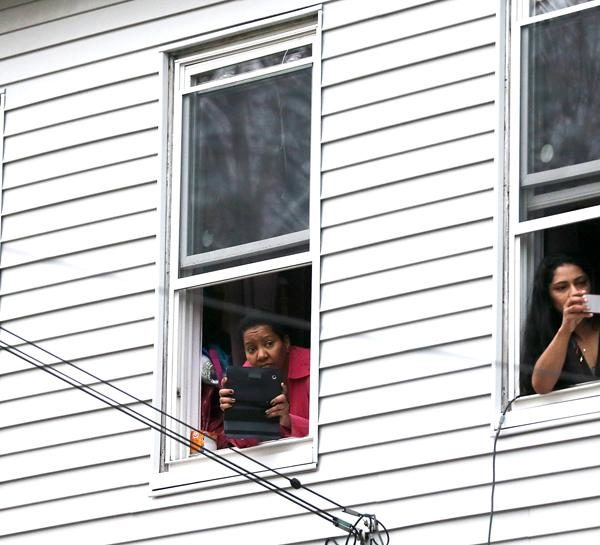
The use of social media enables the projection of self-identity through digital content. It also enables new possibilities for self-surveillance and surveillance by others, including the state. The Boston Marathon bombings helped demonstrate the nexus between social media and the surveillance state.
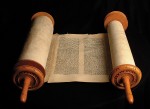
And so it is to Jerusalem that Jesus must go. Why Jerusalem? How would the scene have played out differently if the Pharisees, in their plotting, had simply arranged to have Jesus murdered on the road – on his way to the city? What if Jesus had never come to Jerusalem? To the temple? What if he died and even was resurrected while preaching the good news of God’s Kingdom in Galilee? What’s so special about Jerusalem?

The debate in the United States over the Convention on the Rights of Persons with Disabilities earlier this month brought to the fore the issue of state sovereignty. Since Pope John XXIII’s encyclical Pacem in Terris, Catholic social teaching has taught that an international political authority is necessary to solve today’s global problems, but also that such an authority must be limited, respecting the legitimate authority of states. This post outlines this teaching, pointing out the inherent tensions present in it.

Last month’s presidential election was characterized by unprecedented rancor and bitterness. With the election over and Obama still in office, the partisan posturing has shifted to the “fiscal cliff” debate and the prognosis that huge spending cuts and an increase in taxes could send the American economy into a tailspin. The issue seems to have changed, but the political climate has not. Even worse than the puerile behavior of elected officials is the level of acrimony displayed by American citizens toward those who disagree with their political affiliation…

For three weeks now, I have been listening to Mary’s Magnificat sung as a part of the mid-week evening prayer service in my congregation. Last week, I leaned over to my five-year-old and told her, “This is the story of Jesus’ Mommy when she was pregnant with him.” Rereading a paper that I wrote on this text in college, I critiqued an over spiritualization of these words that are “a vivid proclamation of God’s eternal justice and intention to uplift the weak and lowly in a ministry of love…a call to social action on behalf of humanity.” Now, as I sit with the text, I can only say that it is all of this and more…
If it is at all possible, a Muslim hopes to live in a society where Islamic norms, morality and etiquette flourish, and where they cannot be publicly violated. Similarly, if it is at all possible, provided that he does not perpetuate further harm, every Muslim should command the right and forbid the wrong.
The reader of the first three volumes of Agamben’s Homo Sacer series—the eponymous first volume, State of Exception, and Remnants of Auschwitz—could be forgiven for being skeptical. Though Agamben’s meditations on the question of sovereignty had an immediate purchase during the dark days of the Bush Administration, it could sometimes seem that he was guilty of stretching the concepts of the sovereign exception and bare life to the breaking point, forcing them to take on an explanatory burden they could not really bear. One could concede that when pushed to a certain extreme, the Western theologico-political machine breaks down into the confrontation of sovereign power and bare life, and perhaps even that the Western machine operates within the tension between the two—yet there is so much going on in that “between” that it seems impossible that it can all be accounted for in Agamben’s terms…

Increasingly in liturgical circles it is becoming politically incorrect to talk about the “kingship” of Christ. Such a term now brings with it all the baggage of patriarchal interpretations of the biblical text. It calls to mind the exploitation brought about by colonial powers, abuses of power at the hands of politicians, and perhaps every abuse of power—abuses which represent heinous tragedy and sin. However, while we lament such abuse it is important to remember that power, in political terms, is itself neutral. It is a gift given by God in creation, which when wielded in the hands of human beings can be used for either selfish or selfless purposes (usually with correspondingly negative or positive results). Unfortunately, too often we as human beings struggle to monopolize power for our own sakes and consequently abuses occur…
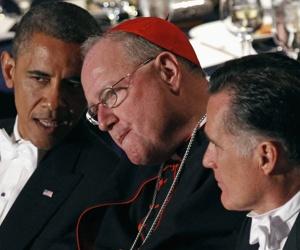
The Catholic Church in the United States is in decline because its public theology, on both the left and the right, is primarily focused on gaining influence over the state. As theologian Michael Baxter has argued, the church’s first priority should be on living as a community of faith and serving as a public witness.
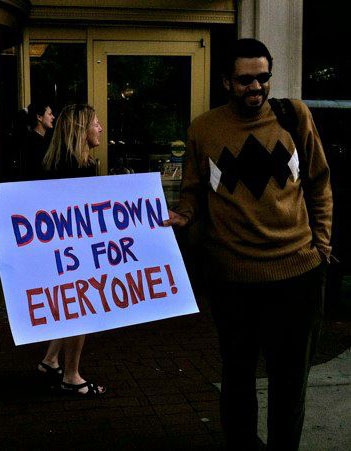
The editors of Political Theology are pleased to announce that Vincent Lloyd of Syracuse University is the newest member of the journal’s editorial team. Lloyd agreed to join the team as one of the editors beginning November 1. He had been a frequent contributor to both the journal and a contributing editor to this blog. Below is a short bio as well as links to more about Lloyd’s research and his book, The Problem with Grace…

In contemporary Western society we like to pride ourselves on having done away with what we would term ‘archaic’ systems, such as slavery. And so, when we hear such a system mentioned or even alluded to in a text like John 8:31-36, it is easy to write Jesus’ words off as anachronistic to our more ‘civilized’ approach. If we’re among the majority of such Westerners who know of no slavery in our ancestral background (or, if we do, whose ancestors were the slaveholders), then we may be tempted to object with Jesus’ disciples:
“‘We are descendants of Abraham and have never been slaves to anyone. What do you mean by saying, “You will be made free”?’” (8:33)
The first disciples resisted Jesus’ slave imagery, but not without irony. After all, the children of Abraham with whom they identify are the same children of Jacob who traveled to Egypt and were made slaves. Moses and Aaron led their ancestors through the wilderness so that they—the disciples, all the Jews, and by extension believers today—are children of the exodus; children for whom the reality of slavery is very real and near. And yet they resist this, practicing a form of selective amnesia rather than think of themselves as slaves.
Presidential candidates Barack Obama and Mitt Romney have both focused on the middle class, but Christianity demands a preferential option for the poor. Christians of the Left and the Right should be able to find common ground on policies to help the poor. Here are five policies that could serve as the basis for such a common ground.
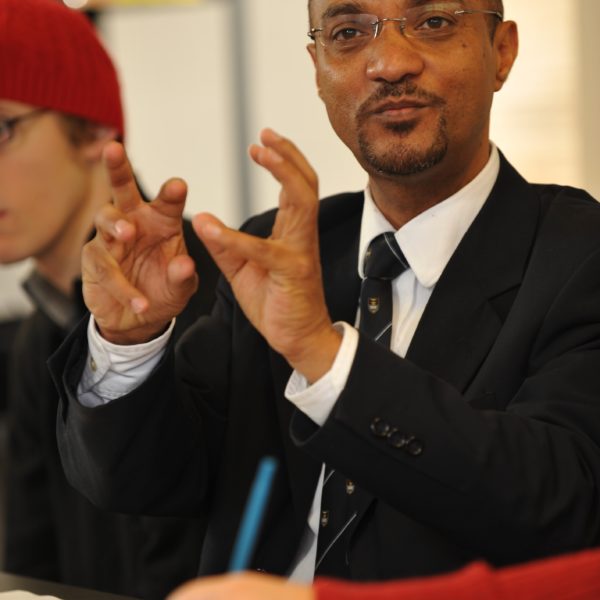
What do the widespread demonstrations against the anti-Islamic YouTube video “The Innocence of Muslims” teach us about the state of the world at this time in our history? Now that the hype has gone and the dust is beginning to settle around this episode it is a useful time to examine the lessons we can learn from the global Muslim protests against the film.
First, and foremost we need to once again make it unequivocally clear that the loss of innocent lives is to be condemned in the strongest terms. The depiction of the Prophet Muhammad in a negative and profane manner was a clear and deliberate provocation, but the sanctity of human life is a supreme value in Islam and nothing is worth the cost of a human life….
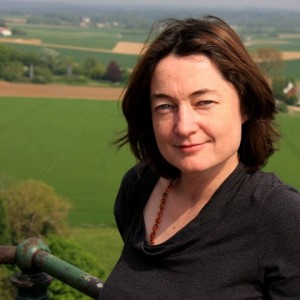
Understanding the relationship between morality and religion has preoccupied humanity’s best and brightest for millennia (think Plato, Aquinas, Kant, Nietzsche). Today, fascination with questions of morality and religiosity is no longer confined to philosophers, theologians and religion scholars. Research into the various ways that religion might influence moral identity is underway across a variety of subject disciplines in the human, natural and social sciences, capturing the interest of biologists, geneticists, neuroscientists, psychologists, anthropologists, and sociologists. Such research is highly necessary. The vast majority of the seven billion people on the planet identifies as religious. Most adopt at least some social and cultural norms and practices that reflect their religious identities. Across the globe, countless moral choices, great and small, are made on the basis of religious faith….
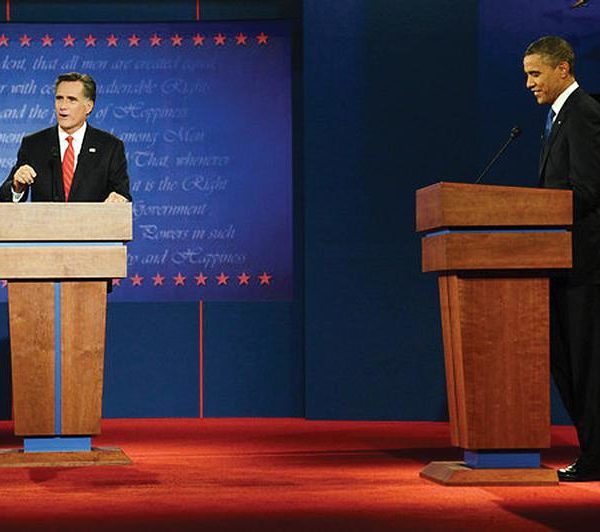
In the first presidential debate of 2012, Barack Obama and Mitt Romney tried to outdo one another in currying favor with the middle class. Yet Catholic social teaching proposes a preferential option for the poor. Catholics are called to promote the common good of all by putting the poor front and center.
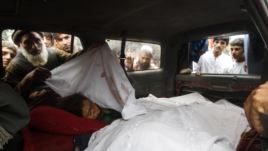
We must guard ourselves against becoming complicit in regarding deaths of innocent Americans or Europeans abroad as being more tragic and senseless than the deaths and killings of innocent Iraqi, Afghani or Yemeni citizens. We should be expressing our outrage equally if not more, at the deaths and killings of the many men, women and children who have lost their lives violently at the hands of US and NATO forces in the ongoing illegitimate ‘wars of invasion’. Under international law those responsible for the mass killing of innocent people must be prosecuted, whether the wars are legal or not….

It seems easy. So easy we can almost brush it off. Smile approvingly at the Sunday School teacher seated across the aisle from us in worship, and check one more thing off our spiritual to-do-list. Welcome little children? Done. We might ask ourselves, “How dense could these power grubbing disciples have been to miss so simple a point as this?”
But take a look across that same aisle once again… If your church is like many, there may be an usher giving a mother a dirty look as she walks her small child to the bathroom. Or a father putting his finger to his lip, afraid that his toddler’s whispers might disrupt someone. Or maybe a middle-aged gentleman checking the church’s giving record, calculating in his head what percent of the church’s income comes from his check. Or a young woman dressed just so, glancing at a hand mirror to check her make up….
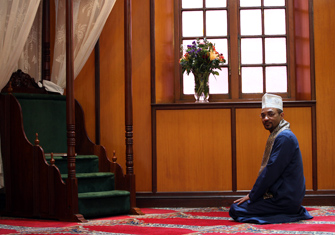
The Claremont Main Road Masjid joins the Libyan People and Muslims all over the world in unequivocally condemning the killing of U.S. Ambassador to Libya, J. Christopher Stevens, and three of his staff members. The sanctity of human life is a supreme value in Islam and nothing is worth the cost of a human life. Such heinous acts of murder and violence are dishonorable and betray any expression of faith in Islam….
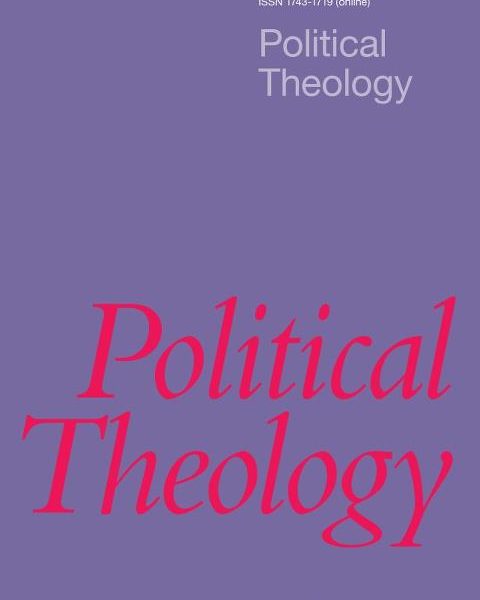
Inter-religious understanding and debate, once neglected within the academic study of theology and religion, has acquired a political significance that is unlikely to diminish in the foreseeable future, with the result that it will require substantial and sustained scholarly engagement and investment for the long-term.
The focus of the current issue of Political Theology (13.4) is religious pluralism, and inter-religious dialogue and cooperation. Overlooked and marginalised for too long in the academic study of theology and religion – where the ‘big beasts’ of the discourse have tended to be scholars pre-occupied with intra-religious concerns, and where expertise in religions in the plural has been frequently regarded as stretching yourself too thinly – such studies are slowly assuming an academic importance commensurate with the geopolitical significance of religion…..
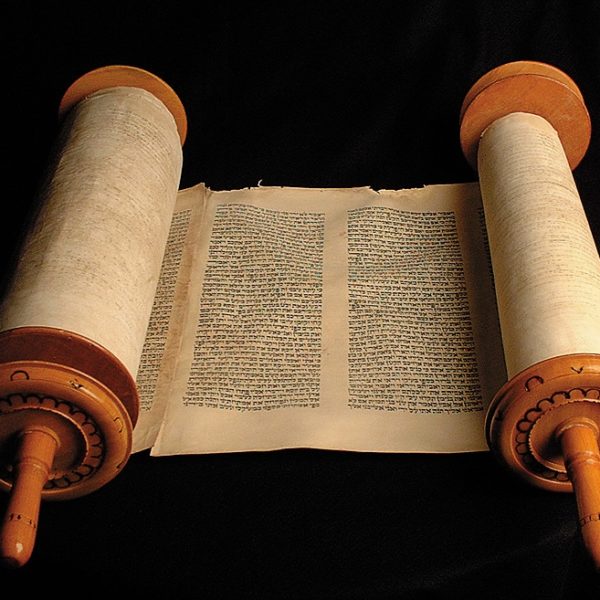
John’s gospel is replete with splendid imagery of the saving power of Jesus, so much so that it can be easy to wonder how the disciples could have even considered turning away from Jesus, even at the cross. But here we are, still a far cry from the cross and Jerusalem, long before the last supper and the cock’s crow, and rather than the masses that we’ve grown to expect to see coming out towards Jesus in droves, we are told that many who were following him turn away from Jesus en masse. How could this happen? What motivates those who leave? And what’s more, in the face of such harsh words–of inevitable tribulation ahead–what motivates those who stay? These are the politics of today’s gospel text…
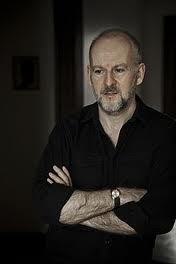
In this interview Simon Critchley discusses his new book, “The Faith of the Faithless: Experiments in Political Theology,” with Dave True of Political Theology. Along the way Critchley touches on an array of topics: his respect for religion, the experimental nature of free thought, what love has to do with a politics of resistance, the genius of the Occupy Movement, nonviolence and its limits, the wisdom of Antonio Gramsci, and the illusions of Marxism. Earlier responses to the book can be accessed….
In the aftermath of the Episcopal Church (USetc)’s General Convention, there’s been a flurry of breast-beating, moaning, finger-pointing, boasting, and other edifying demonstrations of ecclesiastical vitality (or not) in the various social media sites….
The author of Ephesians is addressing the conflict between Jew and Gentile Christians (“the cut/circumcised” and “the uncut/uncircumcised”). The politics of this text could be boiled down to the first century conflict between these two groups. It’s a definition so basic and so simple that it belongs in a Politics 101 course. Where it gets interesting, however, is not how one defines the conflict, but how the author of Ephesians deals with it…..
Talk of legacy has been abuzz in the news lately as the American presidential race continues to gear up. This was even more true in first century Palestine. Without a legacy, without a tradition to follow in, a person was lost—outcast. […]
The pursuit of truth and justice is often onerous and taxing. The incremental gains accomplished by strikes and protests, grassroots organizing, and community coalitions pale in comparison to the large-scale success achieved by corporations and the governmental institutions who collude with each other. The quest to halt imperialistic conquests by the American war machine, ameliorate poverty, reform a racist and unjust judicial system, and empower communities can often seem like a dead end street, but the light of hope still shines through the darkness […..]
Although often lost in a generic celebration of the giving of the Spirit, this text is one that is filled with questions of ethnicity, language, and diversity. It speaks to the American debate of whether this nation can or should be a melting pot that blends and ignores culture and ethnicity or a mosaic and celebration of the diversity that exists in our midst. But first, some background:
In our text today Peter embraces the Gentiles as fellow Christians after he observes them being filled with the Holy Spirit. Earlier Peter had received a vision in which he was commanded to eat things that he considered unclean. Perplexed by the vision, Peter realized its meaning after he was led by the Lord to the house of Cornelius, a Gentile who believed in God. Peter never would have gone inside Cornelius’ home since Jews did not visit with Gentiles, nor enter into their homes. Because of his vision, however, he realized that God was doing a new thing, and he received the Gentiles into the household of faith as brethren….

Where are you from? It may seem polite conversation, or an extraneous identifier, but it matters. In politics, it matters a lot. In the ongoing Republican quest for a nomination in the presidential race, certain candidates have made it clear that what matters are the delegates—and winning the states that secure the most delegates. If you’re not from one of those states, at least in this matter, your vote carries less weight. Similarly, as a registered democrat in a strong Republican county, my vote in the presidential race if I vote party line, is unlikely to actually change the dispersion of my state’s votes in the electoral college. And even more locally, when I moved to a small town in Western Pennsylvania, a dear friend who had lived in that town for more than 30 years, worked there, retired there, and raised her family there, advised me, “Don’t worry about being new to town; everyone here is welcoming, but after thirty years, I’m still not ‘from here.’” She was right. Where you’re from matters…
John offers the temple story at the beginning of his gospel although the other Synoptics place it at the end. Why might this be so? In my view, John wants to introduce us to the portrait of a “radical” Jesus whose revelatory message supercedes and fulfills the tenets of Judaic law, even to the point that it abolishes aspects of this law, a theme that will continue throughout the rest of his gospel.
“Baptism…now saves you…through the resurrection of Jesus Christ, who has gone into heaven, and is at the right hand of God, with angels, authorities, and powers made subject to him.” (1 Peter 3:22)
Aside from winning awards for the number of clauses in a single sentence (and the Greek sentence actually begins before verse 21), today’s epistle reading makes big claims! God has made all powers subject to Jesus Christ! But “all” is a big term, especially in a world that doesn’t always feel subject to God. And so the question that lingers today is, “What did the author of 1 Peter mean by “angels, authorities, and powers?”
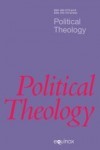
The editors of Political Theology are pleased to announce that the latest issue is now available on the web. Issue 13.1 (January 2012) features a guest editorial by Gerald J. Beyer of St Joseph’s University, Philadelphia who looks at the connections between today’s Occupy Wall Street movement and Poland’s Solidarity trade union movement of the early 1980s, and points to what this new activist turn on issues of social justice could signal for American political life.
The editorial and the reviews section are – as always – open access. The issue also carries articles by Andrew Brower Latz, Thomas A. James, Joseph Ballan, Kristen Tobey and Patrik Hagman.

The world is ever changing and God calls Christians of every time and every place to be a part of this change. While often misread as a call to abandon the world, this weeks reading from Paul’s letter to the Corinthians is one of many of these calls contained within Scripture — urging Christians who are in the world to change the way in which we interact with and thus influence the world.
Today, speaking in tongues and prophecy are more apt to be equated with personal piety than political resistance. This too represents an incomplete understanding of Christ’s ministry and mission.
In late November, Newt Gingrich, the former Republican Speaker of the House of Representatives, surged in the polls to become the frontrunner in the race for the Republican nomination in the 2012 presidential election. In recent days Gingrich’s poll numbers have faltered, but he retains a slight lead over former Massachusetts governor Mitt Romney in national polls.
Having converted to Catholicism in 2009, Gingrich is one of two Catholics running for the nomination. He has not made his Catholicism an important part of his campaign rhetoric, although he has not hidden it, either. At many of his campaign stops, he shows the film Nine Days that Changed the World, a documentary on the role of Pope John Paul II in the fall of communism in Eastern Europe produced by Gingrich and his wife Callista.
So far, discussions of Gingrich’s faith have focused on his personal character, but less attention has been given to the influence of Catholicism on his political views…..
The editors of Political Theology are pleased to announce that the latest issue is now available on the web. Issue 12.6 (December 2011) carries a special section devoted to issues of migration and asylum, and features a guest editorial on ‘Migration as a Challenge for Theological Ethics’ by David Hollenbach, SJ, who holds the University Chair in Human Rights and International Justice at Boston College. This is followed by three related articles by Elena Namli, from Uppsala University, Sweden; Mark W. Potter, who is the Provincial Assistant for Social Ministries of the California Province of the Society of Jesus; and Anna F. Rowlands from the Margaret Beaufort Institute, University of Cambridge. The editorial and review open access. The full table of contents appears below:
The vision of God’s kingdom espoused in Isaiah 61 seems more “not yet” than “already.” Jesus identified the first two verses as a prophecy regarding himself, the Messiah, when he read from this chapter in Luke 4. In spite of Christ’s commitment to the least of these, large segments of the Western church insist on spiritualizing Christ’s mission so that it focuses on poverty of spirit or spiritual blindness—an interpretive move that allows injustice to persist unabated and unthreatened by prophetic witness.
It is unfortunate that the mainstream evangelical church owes its political stance more to John Stuart Mill than to Jesus. The members of many churches worship American individualism and the free market more than the ethical responsibility for the “other,” as encouraged by French philosopher Emmanuel Levinas, and ultimately Jesus himself. In On Liberty, Mill defends the rights of individuals to behave as sovereigns over themselves as long as others are not harmed. Unfortunately, many Christians have adopted this perspective, and the government is viewed as an oppressive behemoth bent on snatching away private liberties. What is not mentioned is that our individual economic decisions are often destructive to the overall well-being of fellow citizens.
It’s easy to read this week’s gospel as a warning of doom and gloom. It begins, after all, with this strict admonition, “Be Alert!” (v 23), and ends with the equally forceful command, “Keep awake!” (v 37). It’s as though Jesus has just shouted, “Watch out!” and thrown a ball of flaming fire into the crowd. But, of course, there is no fiery ball and so the question naturally is, “Watch out for what?” Within the pericope itself, the obvious answer becomes the awesome image that Jesus paints in verse 26: “The Son of Man coming in clouds with great power and glory.” And why should we be concerned? (Apart, of course, from the darkened moon and falling stars…) Because Jesus says the Son of Man is like a master returning and from there we write our own scripts of what wrath this master might bring. “Keep awake!” the Bible tells us, and we add, “Because if we sleep, we might be hit by that fiery ball!” And, indeed, for Matthew and Luke, who record this prediction as “a thief coming in the middle of the night,” rather than a master returning to his home, such fears may be warranted. But, for Mark, different dynamics are at play…
Through ecstatic history, God acts upon himself, but not against himself, to reveal himself to those who are oppressed and violated by unjust power structures. In saying that God acts upon himself, what I mean is that God, already at work in history, dispenses divine revelation such that Spirit meets Spirit. God’s Spirit meets itself in radical instances that revise and recreate the event that constitutes human history.
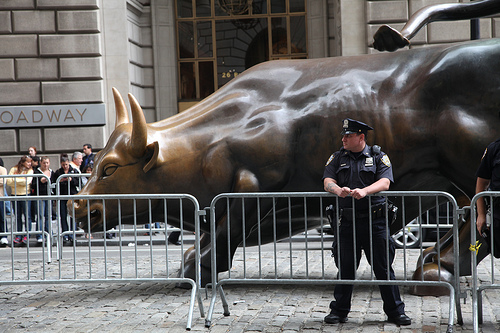
The main problem is, we the people have given and continue to give it to them. Notice in the text that it is not Aaron who first announces that the calf is the god that delivered Israel from Egypt. It is the people themselves who identify this false connection, just as we ourselves are complicit in this perverse deification of injustice.
Amidst today’s solemn gatherings, plaintive recollections, and lachrymose tributes which will honor the thousands murdered on 9/11, we should also pause and contemplate the cost of American “justice.”
Perhaps I am mistaken, but it sure seems that President Obama began his much anticipated jobs speech with a little political theology. In classic civic fashion he could have referred to an economic crisis that has left “millions of Americans jobless,” or “millions of our fellow citizens jobless.” Instead, he referred to an economic crisis that has left “millions of our neighbors jobless.”
Political Theology 12.5 (2011) is a special issue entitled ‘Ten Years After 9/11’, in which twenty-two contributors from across the religious spectrum take stock of the events of September 11, 2001 and their aftermath. Perspectives are offered from theologians, specialists in the study of religion, historians, philosophers, ethicists, anthropologists and political scientists. A number of the contributors are active in the area of interreligious dialogue and interfaith relations. Some are grassroots activists.
Rather than falling prey to a stultifying pessimism regarding the continuous existence of evil, injustice, and oppression in our world, as Christians we should rejoice that God is in control of history, and that even evil will ultimately work to realize the glorious future of God.
A Reflection on Romans 8:26-39, Sixth Sunday after Pentecost


